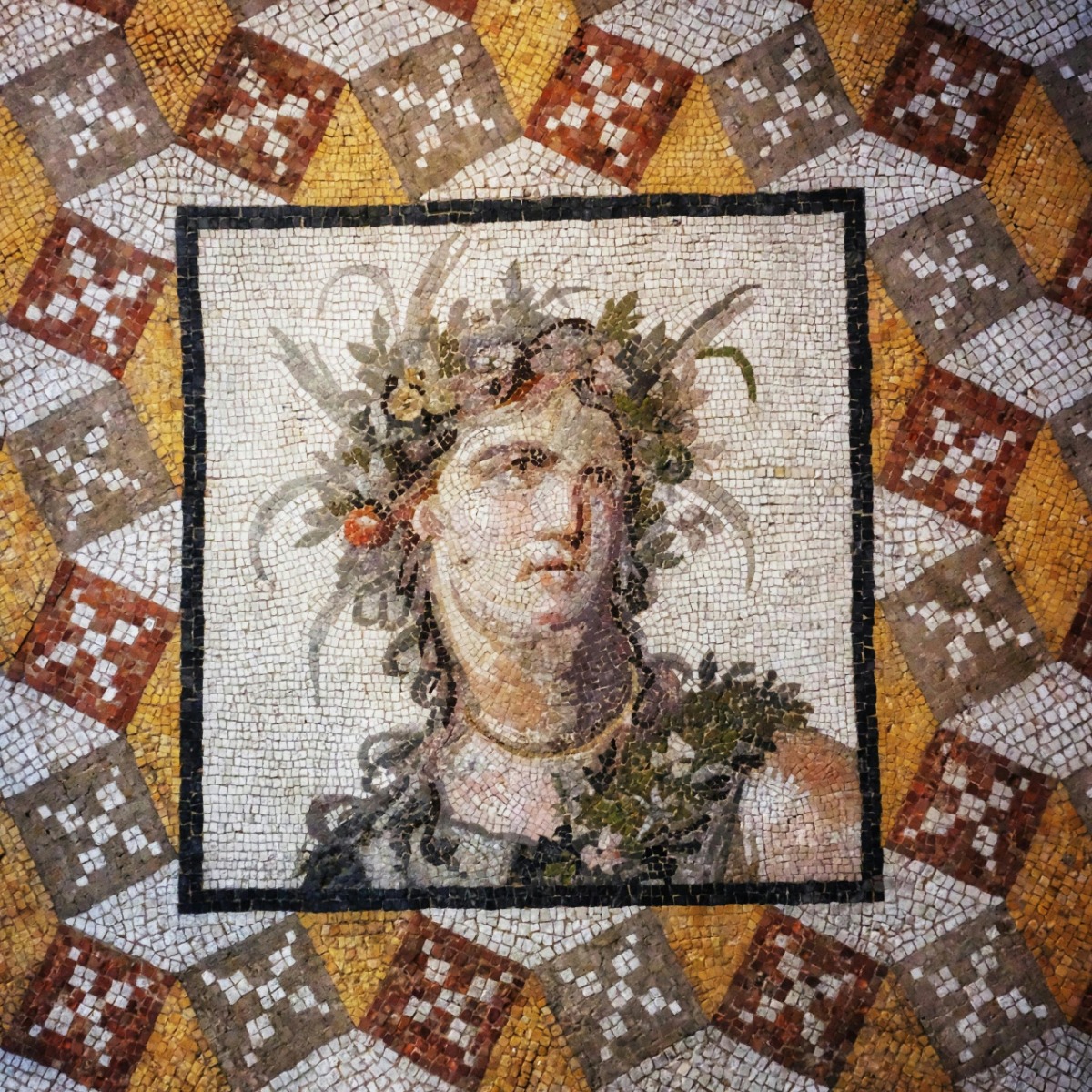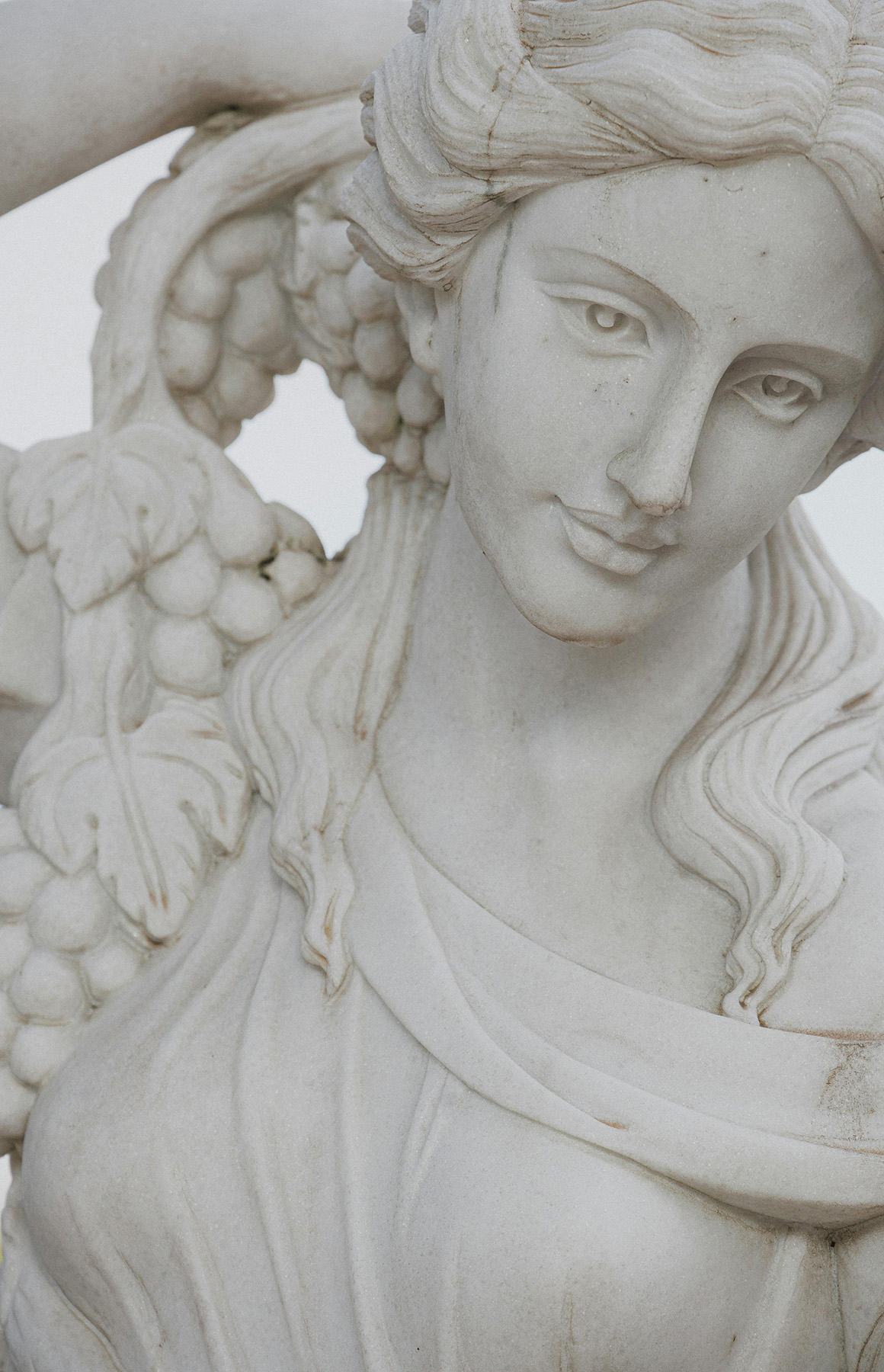Umbria, the Cradle of Etruria
The Etruscans were among the earliest winemakers in Italy and played a pivotal role in spreading wine culture throughout the western Mediterranean.
Our vineyards in Umbria, are in the centre of what was the cradle of Etruscan civilisation, Etruria. For the Etruscans, wine symbolised civilisation, well-being and sacredness and played a central role in both daily life and their spiritual view of the world. The Etruscans were among the earliest peoples of ancient Italy to develop sophisticated viticulture, influencing the winemaking practices of later civilizations and leaving a legacy that endures to this day.
Viticulture was a fundamental economic activity for the Etruscans, who cultivated vines on a large scale and produced wine that was exported throughout the Mediterranean. The widespread diffusion of Etruscan wine is evidenced by the discovery of wine amphorae and tools related to winemaking in various regions.
Wine was a symbol of status and prestige, consumed during banquets and social gatherings. These events were not just celebrations but also opportunities to strengthen political and social bonds. The Etruscans paid great attention to the elegance and refinement of these gatherings, often depicted in tomb paintings illustrating banquets where wine took centre stage.

Our vineyards in Umbria, are in the centre of what was the cradle of Etruscan civilisation, Eturia.

It is also worth mentioning that the Etruscans had a surprisingly progressive culture for their time. Etruscan women enjoyed a more equal social status compared to those in other contemporary societies. Unlike other ancient civilisations, such as the Greeks or Romans, where wine consumption was often restricted to men and forbidden to women, in Etruscan times, women actively participated in social and cultural life, including banquets, which were moments of conviviality, worship, and celebration. For the Etruscans, wine was not merely a drink but a symbol of sharing and belonging to the community.
A bond between wine and women that spoke of inclusion, openness, and shared experience — this was the Etruscan spirit. A culture where wine wasn’t just a drink, but a gesture of equality.
The connection between wine and women in Etruscan culture reflects a more inclusive and open society—one where, we like to believe, wine became a symbol of equality and shared participation. That’s why, and because of the central role wine played in their culture, we chose to dedicate our glassware collection to the Etruscans.